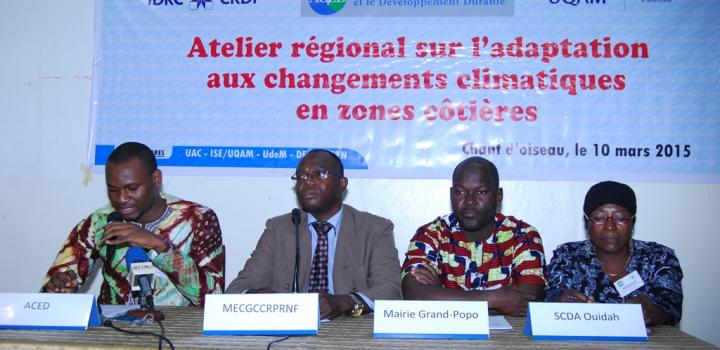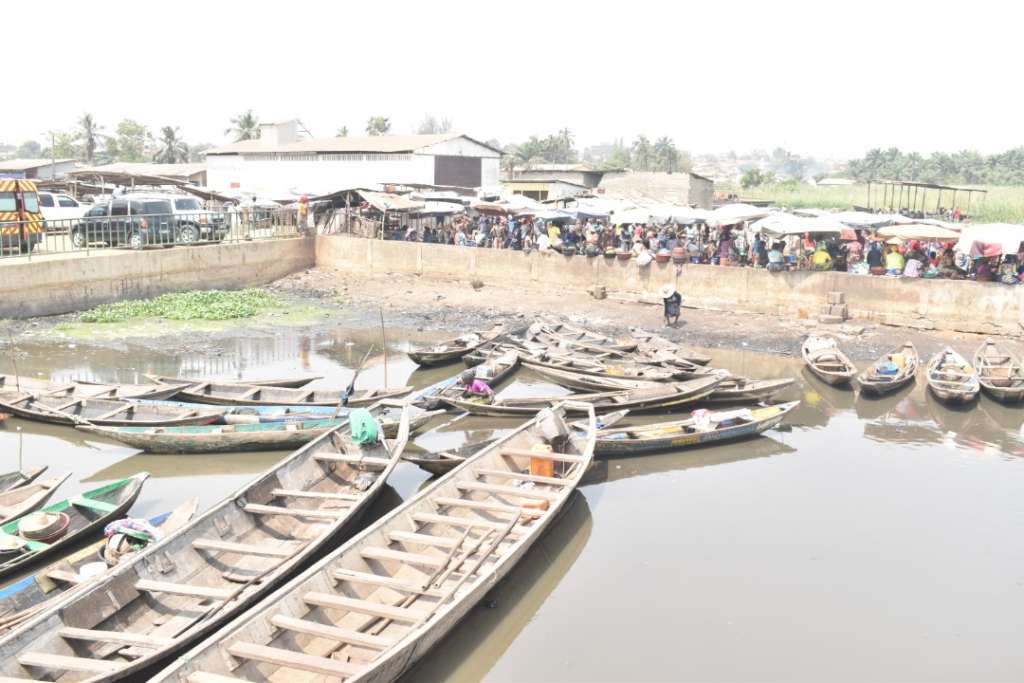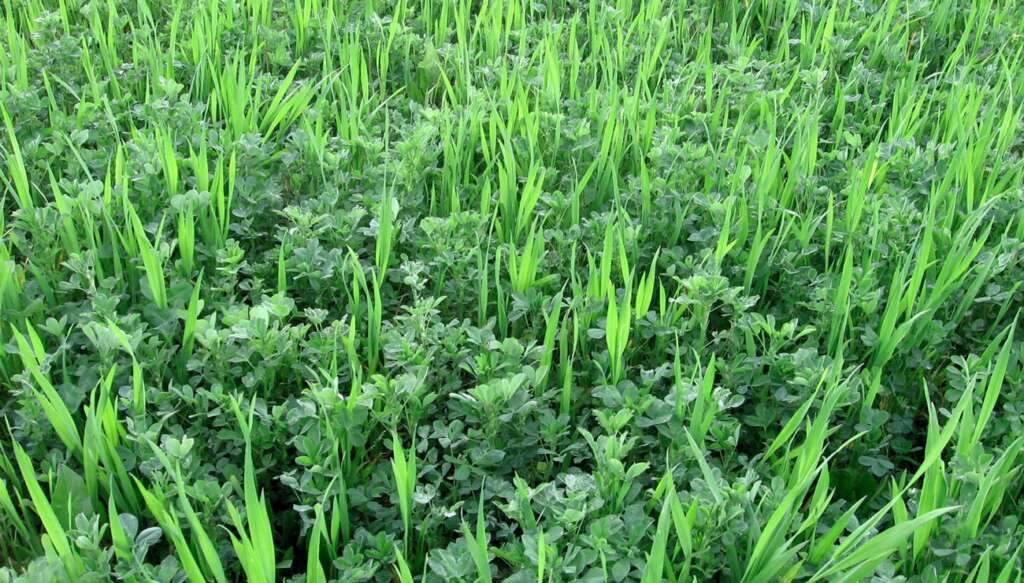As our work is focused on agriculture and food security issues, climate adaptation is a cross-cutting issue that is mainstreamed in our interventions. We summarize below some key climate adaptation interventions we conducted over the past years and continue to support.
Inland fisheries. ACED has worked with fishermen and fisherwomen to analyze the vulnerability of inland fishery to increased levels of pollution, overfishing and climate change. A component of the programme was focused on analyzing different adaptation strategies to identify the most suitable adaptation solutions that fishermen and fisherwomen can adopt. Aquaculture and techniques to control saltwater intrusion were proposed and included in agricultural advisory services. In total, more than 2000 fishermen and fisherwomen were supported.
Coastal communities. Our climate-related intervention in coastal communities was mainly about generating scientific knowledge about the vulnerabilities and adaptation strategies among those communities in Benin and Senegal learning from Canadian experience. The work was done in nine coastal communities in southwestern Benin and the Saloum Delta in Senegal. The studies revealed that both regions are highly vulnerable to erosion, flooding and saltwater intrusion. Adaptation strategies, mainly reactive, but some also proactive, involving protection, accommodation and withdrawal are pursued by the communities. By comparing these communities' vulnerability and certain adaptation reflexes with those studied in New Brunswick, we observe several similarities, despite the different geographical and socio-economic context. The project findings and lessons learned were integrated into the UVED/University of Moncton online course on coastal zone adaptation to climate change and widely shared with policymakers to advocate for more investments to help coastal communities increase their adaptive capacity.
Mangroves rehabilitation. Mangroves offer significant opportunities for adaptation to and mitigation of climate change. These include livelihood support, food security and storm/flood protection. ACED is active in southern Benin to support local communities in rehabilitating and protecting the mangroves. Our support mainly includes planting mangroves and livelihood diversification for local communities (e.g., promoting beekeeping) to reduce the pressure on mangroves and maintain their role in supporting climate adaptation and mitigation.
Urban agriculture. ACED is active in supporting poor communities in urban areas to develop agricultural activities. We aim to increase the food security situation of the urban poor, especially that of women and children, by developing allotment gardens in the urban and peri-urban areas of Benin. Allotment gardens provide the urban poor with access to fruits, vegetables and marketing opportunities while providing a safe place for women to gain some extra income. A central concern in our intervention on urban agriculture is to make the allotment gardens climate resilient. Therefore, urban farmers are supported in implementing different adaptation strategies such as irrigation systems and the use of climate-proof seeds.
Climate policy. ACED actively engages policymakers and decision-makers on the need to mainstream climate change issues in agricultural development interventions. For example, ACED’s work on adaptation to climate change has been acknowledged in the Third National Communication (TCN) as an important contribution to Benin’s response to climate change (More information here).


